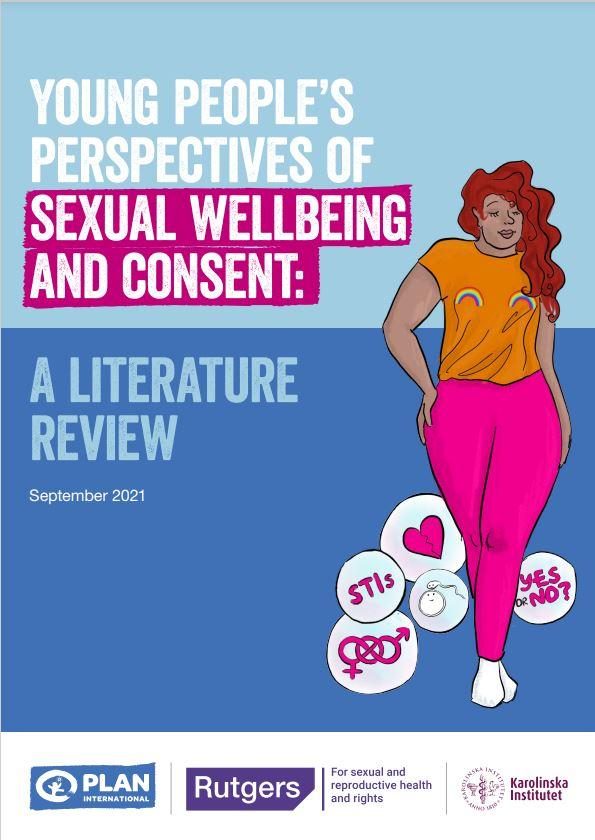Young people’s perspectives on sexual wellbeing and consent
6 September 2021Exploring young people's perspectives on sexual wellbeing and consent, with implications for sexual and reproductive health and rights policy and practice.

Many sexual and reproductive health and rights (SRHR) programmes take a ‘sexual risk perspective’, emphasising the negative consequences of sexual activity, such as sexually transmitted infections, including HIV, unintended pregnancy and sexual violence.
Less emphasis has been placed on the positive or healthy aspects of the development of young people’s sexuality and their sexual experiences. Young people’s sexual wellbeing and their evolving capacity to give and receive sexual consent need to be better understood to be included in SRHR programmes.
With this in mind, and to inform our programming and advocacy work on SRHR, Plan International commissioned research to explore young people’s perspectives of sexual wellbeing and consent. The research involves a literature review and primary qualitative data collection with young people aged 18 to 24 in Uganda and Ecuador.
The literature review explores young people’s perspectives on sexual wellbeing and consent by looking at relevant scientific and grey literature. The first section discusses the sexual wellbeing framework developed by Kågesten and van Reeuwijk, and summarises different factors relating to sexual wellbeing. The second section presents the empirical evidence on young people’s understanding and experience of sexual consent.
The literature review concludes with a discussion of implications for SRHR policy and practice.
The literature review forms part of a larger research project which also includes findings from data collection in Uganda and Ecuador and a comic and film on young people’s perspectives of sexual wellbeing and consent.
Download options
literature Review
2.73 mb
Sexual and reproductive health and rights, Teenage pregnancy

